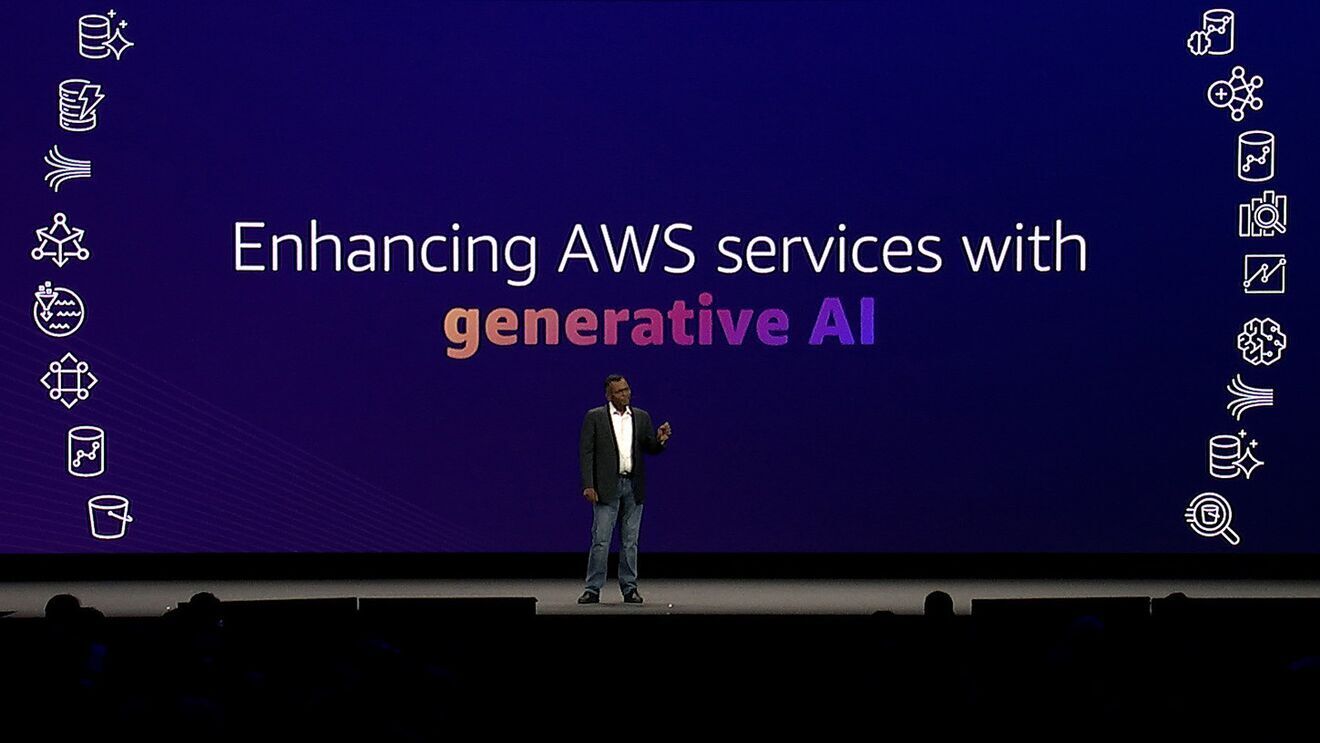Page overview
1. Nearly every organisation will be an AI organisation by 2028
85% of employers envision their companies becoming AI-driven organisations by 2028. While most employers (83%) believe their IT departments will be the biggest beneficiary of AI, they also believe other departments including finance (79%), research and development (78%), business operations (76%) and legal, regulatory, and compliance (68%) will derive significant value from it as well.
Generative AI – a type of AI that can help create new ideas and content in the form of conversations, stories, images, videos, music, and more – has captured mainstream attention in the past year. Over 75% of surveyed employers and employees anticipate using generative AI tools within the next five years to enhance innovation, automate repetitive tasks, and accelerate learning. 53% of employers identified learning support to be the top benefit of generative AI, followed by automating repetitive tasks (50%), increasing innovation and creativity (48%), and improving outcomes (44%).
With substantial potential to improve operational efficiency, worker productivity, and decision-making, surveyed employers are willing to pay higher wages to employees with AI skills and expertise. Notably, while employers are willing to pay an average of 31% more for AI-skilled workers in the IT department, the study found that pay benefits will extend across other departments too. Employers said that they would be willing to pay workers with AI skills a 30% higher salary in research and development, followed by sales and marketing (27%), finance (27%), business operations (26%), legal, regulatory, and compliance (25%), and human resources (24%).
Overall, seven out of 10 employees surveyed reported that they would be interested in developing AI skills to advance their careers. The study also found that this interest in AI transcends generations. For example, about half of all workers over the age of 55, a demographic usually thinking about retirement, say they would enrol in AI upskilling courses if employers offered them. Top motivators to pick up AI skills vary slightly across age groups, with older employees (aged between 45 to 74 years old) being most motivated by the desire to increase efficiency, whilst younger employees (aged between 18 to 44 years old) are more motivated by the desire to increase salary and job security.
Among UK workers, 90% expect to use AI technologies in their daily work by 2028. By helping to generate ideas more quickly and inspiring creativity, automating repetitive tasks, and enabling better decisions, surveyed employers in the UK believe that AI can boost productivity by 44%, while employees believe that AI can make tasks 39% more efficient.
51% of surveyed employers consider hiring talent with AI skills and experience a priority. However, nearly three-quarters (71%) of these employers say that they can’t find the talent they need. Only 14% of UK workers consider themselves to have ‘advanced’ fluency in AI, and over half (52%) categorised themselves as having ‘basic’ or ‘nascent’ AI fluency. In short, the survey confirms that employers face an AI skills gap that can only be addressed through training and education programmes.
However, there are barriers hindering AI upskilling efforts of existing employees. For example, employers find that the top barrier in providing AI skills training to employees is the lack of knowledge of AI skills required by employees (74%), lack of knowledge on how to implement an AI training programme (71%), and the lack of time for employees to pick up AI skills outside of work responsibilities (69%). For employees, top barriers to building AI skills include the lack of knowledge of the possible career paths where AI would be useful (73%), lack of knowledge of the AI skills training programmes available (72%), and the lack of knowledge of the AI skills required (69%).
The survey also reveals that employers are not solely focused on workers with technical skills such as coding. In fact, soft skills like critical and creative thinking are even more in demand by employers. This can be seen by how 53% of surveyed employers ranked critical thinking and complex problem solving as one of the top three most important skills required to use AI tools in 2028, compared to only 42% for technical skills like coding.










